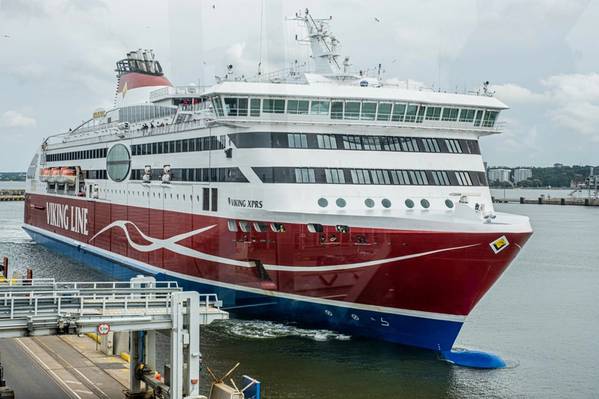
Estonia's Port of Tallinn has implemented new rules requiring the collection of residue from underwater hull cleaning operations while in port.
Ellen Kaasik, the port's environmental manager, said the measures are part of a major activity plan to decrease the environmental impact of the port and ships, and that the decision to collect all hull cleaning residue was made to help tackle eutrophication.
Hull cleaning service in the Port of Tallinn can only be provided with permission from the Vessel Traffic Shift Manager, provided that all residue is collected to prevent release into the marine environment, the port said.
Finnish operator DG Diving Group has said it can provide hull cleaning services in the port using its patented, innovative technology to clean the ships with the help of specialized divers. It is also currently developing a hull cleaning machine that would not require divers. Residue consisting of both bio- and chemical materials, is collected in a tank on shore and the filtered water is let back to the sea.
“The ships need the hull cleaning, depending on the season, 1-2 times per month to prevent too large quantities biological particles attaching to the underwater part. This enables the ships to be the most efficient in terms of fuel usage and speed as well as keep the hull overall well maintained,” said Mika Rouhola from DG Diving Group Oy.
The company estimates that 200-meter-long ship hulls can carry around 800 kilograms of biological matter attached underwater. The patented technological solution for the underwater cleaning was invented by the owner of the company, Mauri Kalliomäki and is already in use at several Finnish and Swedish ports. The equipment meets the environmental requirements of the Swedish authorities (in Malmö and Gothenburg), which are the highest standard in the Baltic sea, following the guidelines of IMO and HELCOM.


